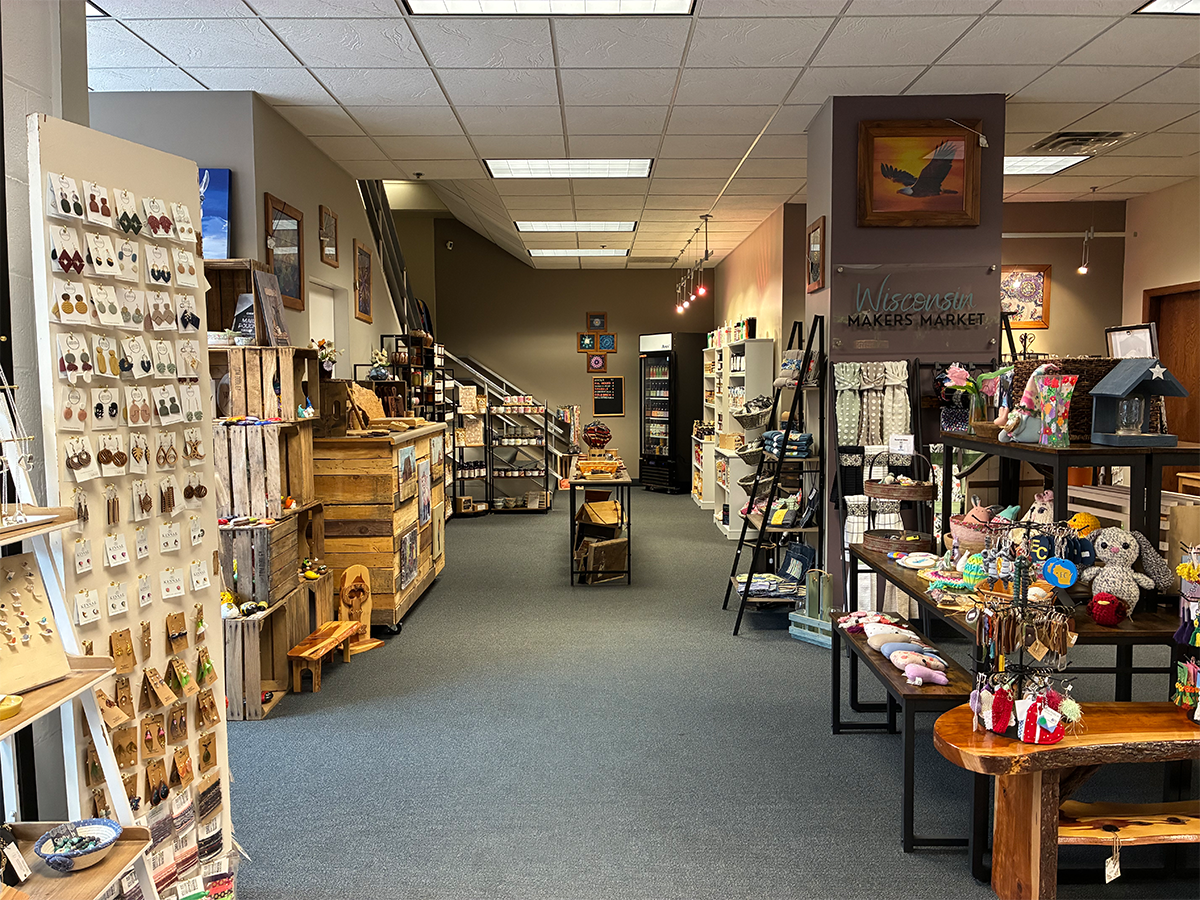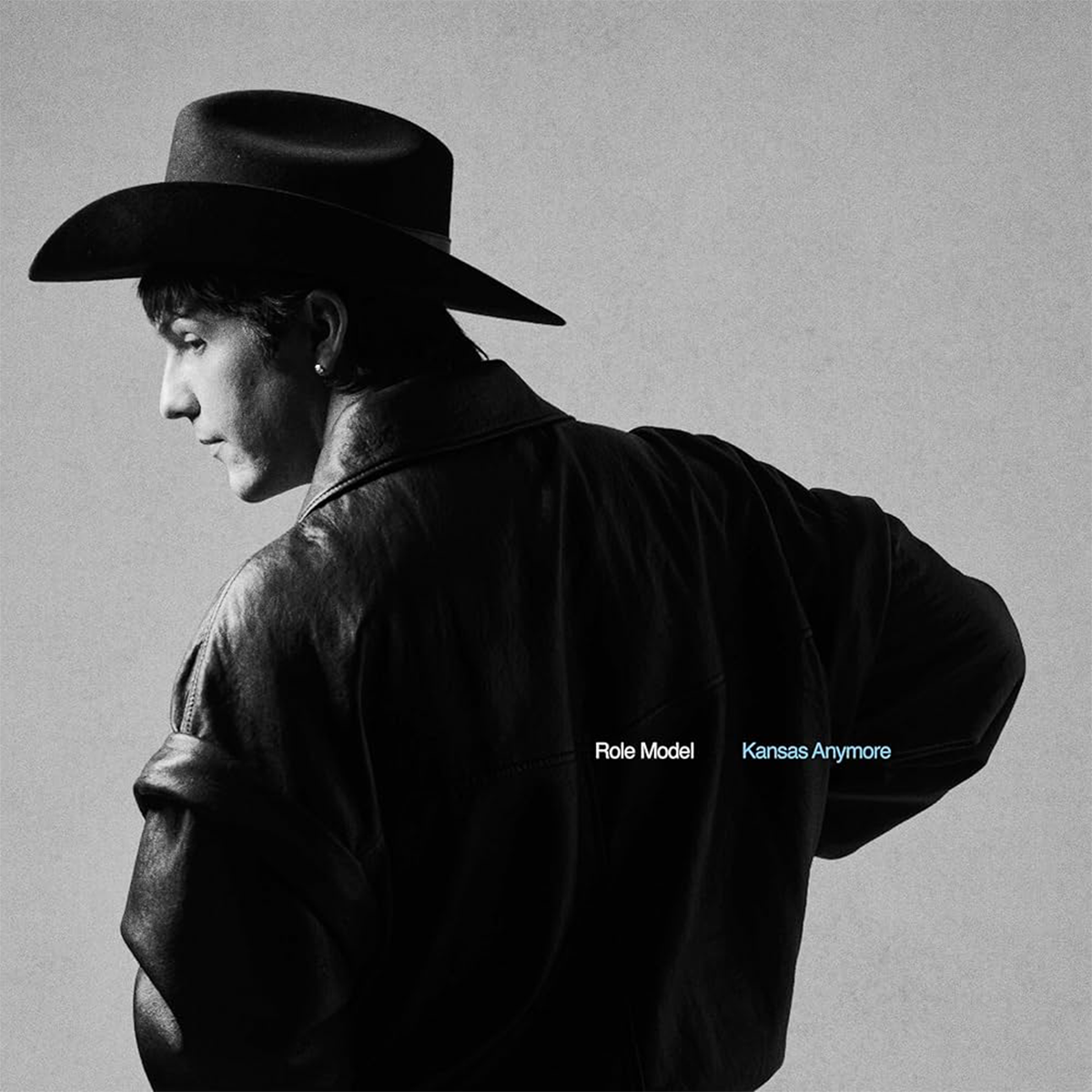Paul Williams originally joined the Boy Scouts of America around first or second grade. His parents thought it would be a good organization for him to be a part of and he ended up enjoying it.
“The first time I went to Boy Scout camp, it was the most fun I ever had,” he said.
He went on to become an Eagle Scout in Brookfield, the Boy Scouts of America’s highest honor.
But it didn’t necessarily have to go that way.
“Technically, I shouldn’t have been allowed to be a Boy Scout,” he said. “I came out around freshman year, at 15. Eventually, they obviously found out.”
The Boy Scouts’ membership policy reads:
“While the BSA does not proactively inquire about the sexual orientation of employees, volunteers, or members, we do not grant membership to individuals who are open or avowed homosexuals or who engage in behavior that would become a distraction to the mission of the BSA.”
However, Williams said he was never asked to leave his troop.
“They were all either OK with it, or just were not bothered enough to make a big deal out of it,” he said. “Anyone could have said ‘I’m not OK with this,’ but no one did.”
Last summer, the Boy Scouts of America confirmed that it did in fact ban gay people from becoming members of the organization.
In late January 2013, the Boy Scouts announced it would be reconsidering the ban, but soon after said it would postpone a decision until its national council meeting in May.
CEO and Executive Officer of the Boy Scouts’ Chippewa Valley Council Matt Hill said there are approximately 1,400 voting members of the council who will be weighing the decision.
Hill said the Chippewa Valley Council follows the national organizations policies and should the national office change its policies, the CVC will follow the new policy then, as well.
Peter Hart-Brinson is an assistant professor of sociology at Eau Claire and has studied generation and social change as well as social movements. Today, young people are more accepting of the LGBT community he said, and the Boy Scouts’ stance on gay members is increasingly putting them out of touch with the age group it is trying to recruit from.
Hart-Brinson said that because the Boy Scouts face being out of touch with their scouts, they are put in a tough position and are attempting to appear neutral by postponing and waiting for a decision from the national council.
“Most young people today think of homosexuality as being like race or ethnicity,” he said. “In other words, it’s just a part of who you are. You have a sexual orientation, I have a sexual orientation. We were just born that way, and that’s it.”
Similarly to how it is viewed as unacceptable to discriminate against someone on the basis of their race, with this mindset, a person wouldn’t discriminate against someone on the basis of their sexual orientation.
“By contrast, many religious groups adhere to an older way of thinking about homosexuality,” he said. “That is that it’s a behavior; it’s an action. And here, rather than imagining homosexuality as being like race, they imagine homosexuality as being like alcoholism.”
By looking at homosexuality like it is a behavior like alcoholism, he said, people will view it as a bad choice that needs to be corrected.
“I can’t put words in the mouths of the Boy Scouts,” he said. “But many religious people that I’ve interviewed and studied say ‘the Bible teaches you to hate the sin and love the sinner.’ And the way you show love to the sinner is to prevent them from sinning.”
Hill said because troops are charter organizations, they get to choose at a local level whether or not to allow gay people into the organization, something that would continue after a policy change.
“Local charter organizations, which are can be any kind of member community based or faith-based organizations that sponsor or charter a unit, would then have the choice to decide who their members are,” he said. “They’d still have that choice, just like they do now.”
While Hart-Brinson said he doesn’t think the Boy Scouts are teaching children to discriminate against homosexuals, associate professor of sociology Pam Forman said the organization is teaching kids it is OK to discriminate.
“It tells them that you’re not a scout unless you’re heterosexual,” she said. “That’s patently false and it’s allowing kids to believe that heterosexual kids get rights that queer kids do not.”
She said she is worried no real change will come if local troops continue making decisions on whether or not to exclude gay members rather than the national organization telling them.
“Those membership decisions still go at those local levels,” Forman said. “So those groups, many of which are sponsored by religious organizations still can entirely exclude. Even if they lift this policy, this is not a top-down decision.”
Williams said the fact that the Boy Scouts would look into their membership policy and discuss a ban is a good thing, but maybe it’s not good enough.
“It’s really simultaneously a nice step forward, but also very overdue,” he said.
“Boy Scouts can be a lot of really great things for kids,” he said. “But they’re way behind the times. I don’t know whether to celebrate or be disappointed that it’s not a bigger step forward.”







